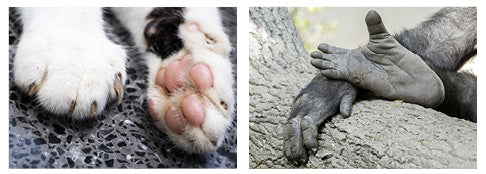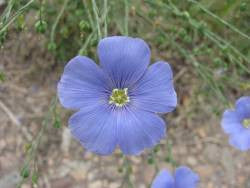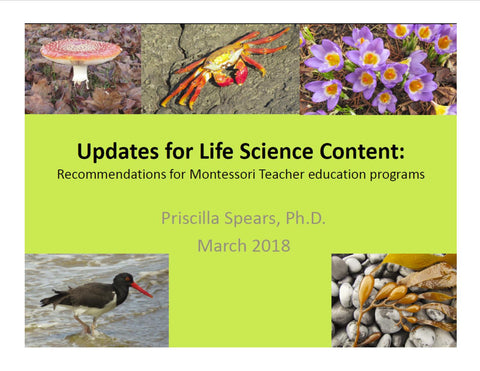Whose Foot Is This? file for printing
$ 9.95
What a fun way to learn about the structures and adaptations of mammal feet! There are 14 close-up photos of feet and 14 photos of the whole animal to which they belong. Children will enjoy matching the feet with their owners, but there is more to do after that. Text cards describe each animal’s feet. The animal photos can be sorted by their foot adaptations. Header cards included in this set start with “Feet that are adapted for...” The adaptations include swimming, digging, supporting heavy weight, and climbing. Advanced students can sort the cards based on the foot posture. This is whether the animal walks on its heels and soles of its foot (plantigrade), its toes (digitigrade), or its hooves (unguligrade). These exercises can spark lively discussions and introduce ideas of natural selection as well as adaptations.
Set contents: 28 color photo cards, 4.25 X 5.5 inches; 14 text cards; 11 header cards for sorting, four definition cards.
This set consists of three files: color photo cards (Whosefoot4X2024.pdf), text cards and sorting labels (Set4.textcards4x2024.pdf), and information for the teacher (TextZoologySet4digital.pdf).
Printing information:
- 7 letter-size pages of color photo printing on cardstock or heavy photo paper
- 5 letter-size pages of black and white text and header cards; print on cardstock
- 4 pages of text for the background information; print on 20-24 lb paper, letter-size.
- Cut the cardstock pages into quarters, 4.25 X 5.5 inches.
- Print the files at actual size (100% scale). Cut apart the header cards and the adaptation definition card.
"The lower elementary students at my school absolutely LOVE this material! The photos are high quality and the text is well written and really interesting. Because of the number of cards, it feels like a puzzle, which the students find really engaging. They also love the fact that it feels like a "big work," (requiring 2 or 3 rugs) which is always a great selling point to 6-9 year olds. I have found this material to work well as a partner work. I have the students lay out all of the feet photos, and then go through the animal photos to try to find the match. Then they take turns reading the corresponding text card. My students learned so much about how mammal feet are adapted for their needs- and they truly enjoyed it!" - Jennifer Spikner
For lessons that use this learning material and information for integrating it into biology study, see Life Science Lessons for the Montessori Elementary Classroom by Cynthia Brunold-Conesa. https://georgeconesa.wixsite.com/lifesciencemont and lunalearningpress@gmail.com





Share this item: